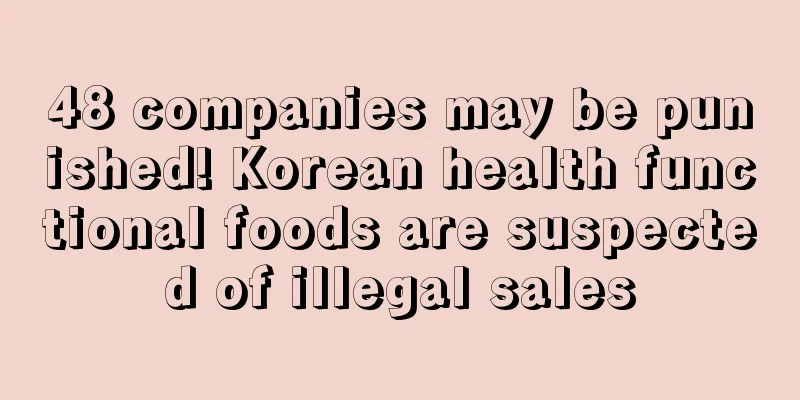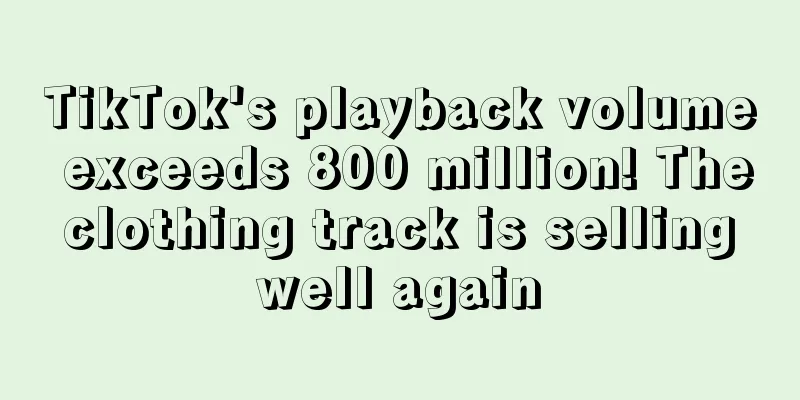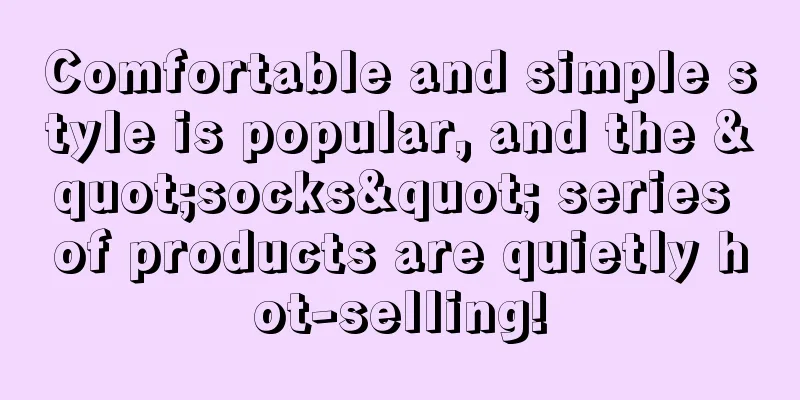48 companies may be punished! Korean health functional foods are suspected of illegal sales

|
According to Korean media reports, due to the nature of the online market, it is difficult to confirm information such as company authorization or licensing.
It is understood that many cases of illegal product sales have been discovered through government management , such as health functional products using inappropriate words to describe their efficacy, misleading consumers to buy them .
It is reported that the South Korean Ministry of Food and Drug Safety stated on the 25th that after discovering 48 illegal activities (such as the sale of products without commercial reports), it asked the competent authorities to impose administrative sanctions.
According to the survey, 30 companies sold health functional foods or commissioned processing companies to manufacture foods and then sold them under their own trademarks, while 2 companies acted as agents to purchase imported foods without filing business declarations.
In addition, 14 companies used inappropriate words in their product names , and two companies violated standards and specifications, such as using "sweet and sour" which cannot be used as food ingredients .
Under existing law, the Food Labeling and Advertisement Act, the Korean Ministry of Food and Drug Safety prohibits the use of terms such as "Bugien," "Bugino," and "Bugino Tea" because they may confuse consumers and lead them to mistakenly buy products whose efficacy has not been verified.
Last week, Korean health products were involved in false advertising during live broadcasts, which has attracted public attention.
It is understood that the Korean Consumer Agency conducted random monitoring of 120 "live broadcasts with goods" on five live broadcast platforms in South Korea, and 30 live broadcasts were found to have published false advertisements. Among them, health foods and cosmetics accounted for more than half of the false advertisements.
Due to imperfect supervision , many platforms have been exposed to have problems with false advertising. They claim that their products have the effects of improving the body, which seriously misleads consumers. Consumers are very concerned about this.
An official from the Food and Drug Safety Administration said , “We will work with the Fair Trade Commission to encourage sellers to proactively provide detailed product information online, and we will continue to monitor illegal activities.”
South Korea Health Food Illegal sales |
<<: Belgium adds 200,000 new online shoppers in 2020, e-commerce market has great potential
>>: Enjoy the flowers by drawing lots? South Korea launches new epidemic prevention measures
Recommend
Amazon's cloud unit faces antitrust scrutiny from FTC
According to foreign media reports , the US Feder...
What is Lotte International? Lotte International Review, Features
Founded in 1999, Lotte International has more tha...
What is Qingying Refund? Qingying Refund Review, Features
Qingying Refund is committed to analyzing the mos...
Amazon decides to postpone new FBA delivery process
Amazon previously asked sellers to prepare to swi...
What is The Mothership? The Mothership Review, Features
Mothership is an Amazon brand training company. A...
Amazon launches new features, search traffic will see a big change
Amazon updates frequently. In addition to adding ...
What is AuthoritySpy? AuthoritySpy Review, Features
AuthoritySpy is a great link building SEO tool th...
Lechuang sold overseas warehouses again and made a profit of more than 10 million US dollars!
When it comes to cross-border smart home products...
Mexico's back-to-school shopping season hit by coronavirus uncertainty
The Mexican government recently issued a statemen...
Four changes in U.S. holiday shopping since the outbreak
1. E-commerce is expected to surpass the $200 bil...
Net profit in the first quarter increased by 148.69%, Zhejiang Dama successfully passed the review!
As an important tool in daily production and life...
What is Crosspay? Crosspay Review, Features
Crosspay is a fintech payment platform that allow...
What is FaNet ERP? FaNet ERP Review, Features
Founded in 2006, FaNet ERP (Shanghai FaNet Supply...
Shenzhen's hot IPO was suspended
In the past two years, global mobile phone shipme...
Silicon Valley Bank collapsed! The US dollar exchange rate plummeted, and sellers’ withdrawals were delayed
Last Friday, a piece of news shocked the US finan...









